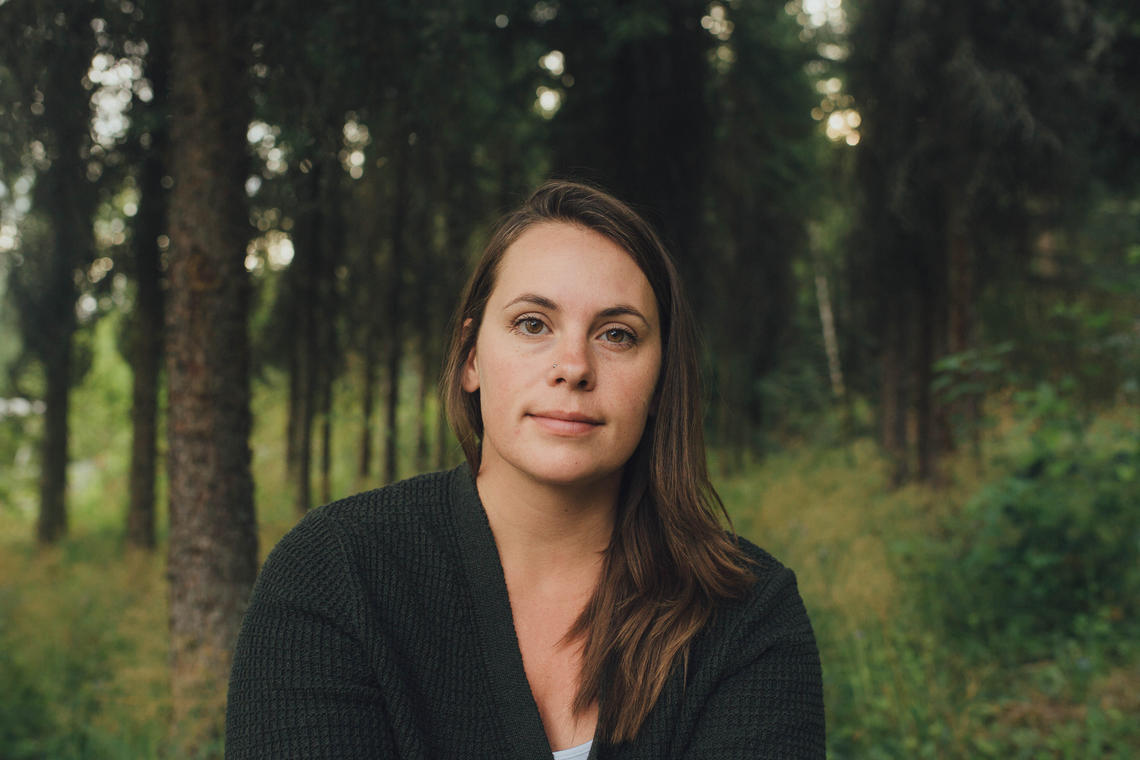Jan. 29, 2018
UCalgary alumna opens up about addiction, mental health challenges and the road to recovery
For many, graduating from university calls for celebration — but not all convocations end with a glass of champagne.
“I didn’t graduate university in the traditional sense. I didn’t celebrate and I didn’t go to convocation. Instead, I went to rehab,” says UCalgary alumna and local entrepreneur Jill Drader.
What started out as recreational drug use and drinking had spiralled out of control, becoming a daily habit for Drader. “Everything looked good on the outside, but there was a lot of inner pain and depression, shame and regret about my past, and anxiety about the future. I stayed in denial, going in and out of treatment before finally abstaining from alcohol and cocaine in 2006.”
As one of two presentations in the upcoming speaker series Voices of Mental Health, Drader will be sharing her deeply personal experience of mental health challenges in her journey to overcome addiction.

Jill Drader speaks about lived experience of mental health challenges on Jan. 31.
Maria Tsudon
“At the core of everything, I’m a people helper who is here to serve with my stories and lived experiences. There’s a hopelessness in addiction and dependency so I’m hoping to inspire anyone who is coming with any kind of pain or hurt or uncertainty that there are programs out there to help them.”
During her portion of the event, Drader will offer insight into her experience with addiction and her three keys to conquering recovery. “The biggest challenge in recovery is that everything needs to change — your mindset, groups of friends, activities, unhealthy relationships and so much more,” Drader explains.
“I made drastic changes, but I feel alive and awake again. I’m excited about each day and I can take on challenges in life as they come without resorting to alcohol and cocaine to cope.”
Drader cites the alarmingly high prevalence of mental health concerns in Canada as a key reason conversations including Voices of Mental Health are necessary, especially on university campuses.
“The Canadian Mental Health Association estimates one in five people experience some kind of mental health concern each year, and almost 50 per cent of those who have depression or anxiety haven’t gone to talk to anyone about it,” Drader explains.
“I know that many students are quietly suffering and for many, the greatest stress and anxieties stem from trying to make everything ‘look like it should.’ I encourage students to take the first step and access resources on- or off-campus to talk it out. I also challenge students to speak out about resources they think are missing or that could support them and their peers.”
Drader acknowledges initiatives like the Campus Mental Health Strategy as a crucial step in addressing mental health challenges on university campuses.
“Mental health has numerous dimensions. That’s why bringing many voices together, having open conversations and continuing to share resources is so important to help reduce stigma and ease pain and suffering for those with mental health challenges.”
Register for Voices of Mental Health on Jan. 31, 10:30 a.m. to 12:30 p.m. in the Women’s Resource Centre (MSC 482).
Voices of Mental Health is a two-part speaker series where Jill Drader and the Schizophrenia Society will explore challenges around mental health, share lived experiences of addiction and schizophrenia, and provide opportunities to ask questions. This presentation is co-ordinated by the UFlourish team as part of Bell Let’s Talk Day and is supported by the Campus Mental Health Strategy.
The University of Calgary’s Campus Mental Health Strategy is a bold commitment to the importance of mental health and well-being of our university family. Our vision is to be a community where we care for each other, learn and talk about mental health and well-being, receive support as needed, and individually and collectively realize our full potential. If you think you need help, please visit resources here. If you think someone you know needs help, find more information here.
